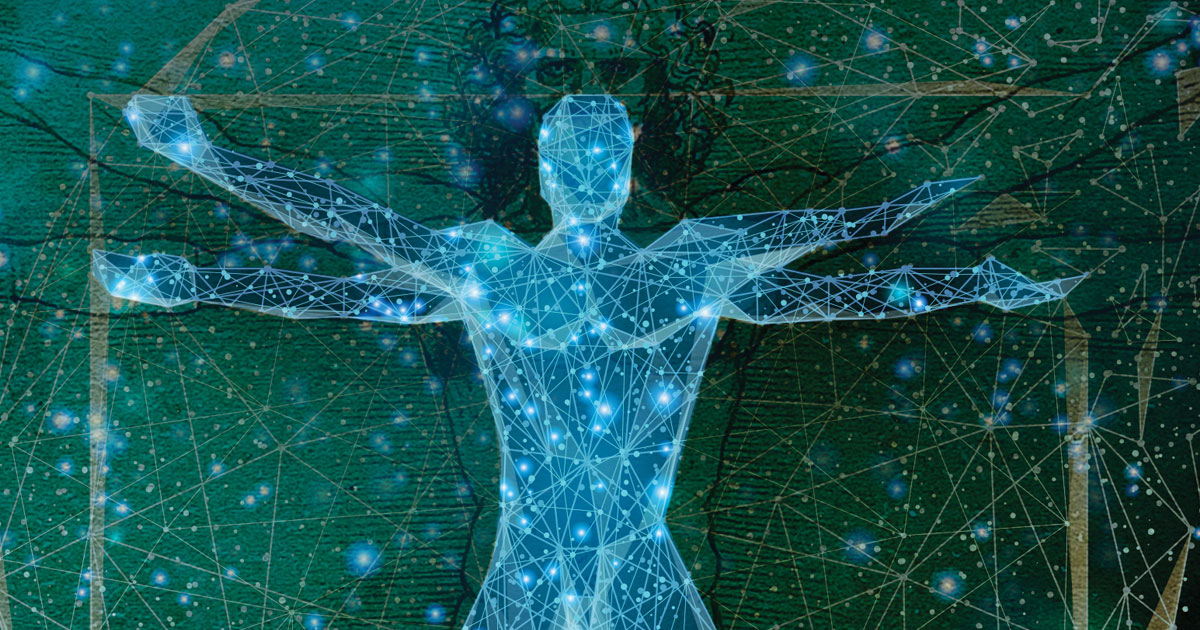 Faith & Science
Faith & Science
Rabbi Adam Jacobs Talks with Michael Denton about Intelligent Design

Biochemist Michael Denton is a key figure in the intelligent design movement, and Rabbi Adam Jacobs, with the worldwide Jewish outreach group Aish HaTorah, makes a very thoughtful conversation partner for him. Rabbi Jacobs has made a study of Denton’s work, including his latest book, The Miracle of Man, and compares that with the writing of Catholic philosopher Edward Feser, a friendly critic of ID, and biologist Nathan Lents, an aggressive atheist and advocate for the idea that the human body is poorly (not intelligently) designed. Rabbi Jacobs sees intelligent design as compatible with kabbalah — that is, Jewish mysticism — which I found fascinating.
This is a great discussion. Denton, whose other books and videos you’ll find here, lays out his case for the remarkable fine-tuning of the cosmos, of chemistry, and of our planet for creatures such as ourselves. He differs from some ID proponents in preferring to locate the origin of this design at the very beginning — the Big Bang — rather than identifying it in the bursts of biological information that, to other design scientists, seem to enter the history of life at discrete points (most famously 530 million years ago in the Cambrian Explosion). Denton agrees, though, that the origin of life defies naturalistic explanations much as does the origin of the universe. He also shares some thoughts on why his version of ID, which includes common descent, may make sense of the problem of natural evil.
As a footnote, I would add that anyone wanting to know more about the “poor design” argument, as articulated by Professor Lents, should watch this outstanding recent presentation by British bioengineer Stuart Burgess on the ingenious design of the human ankle and wrist:
